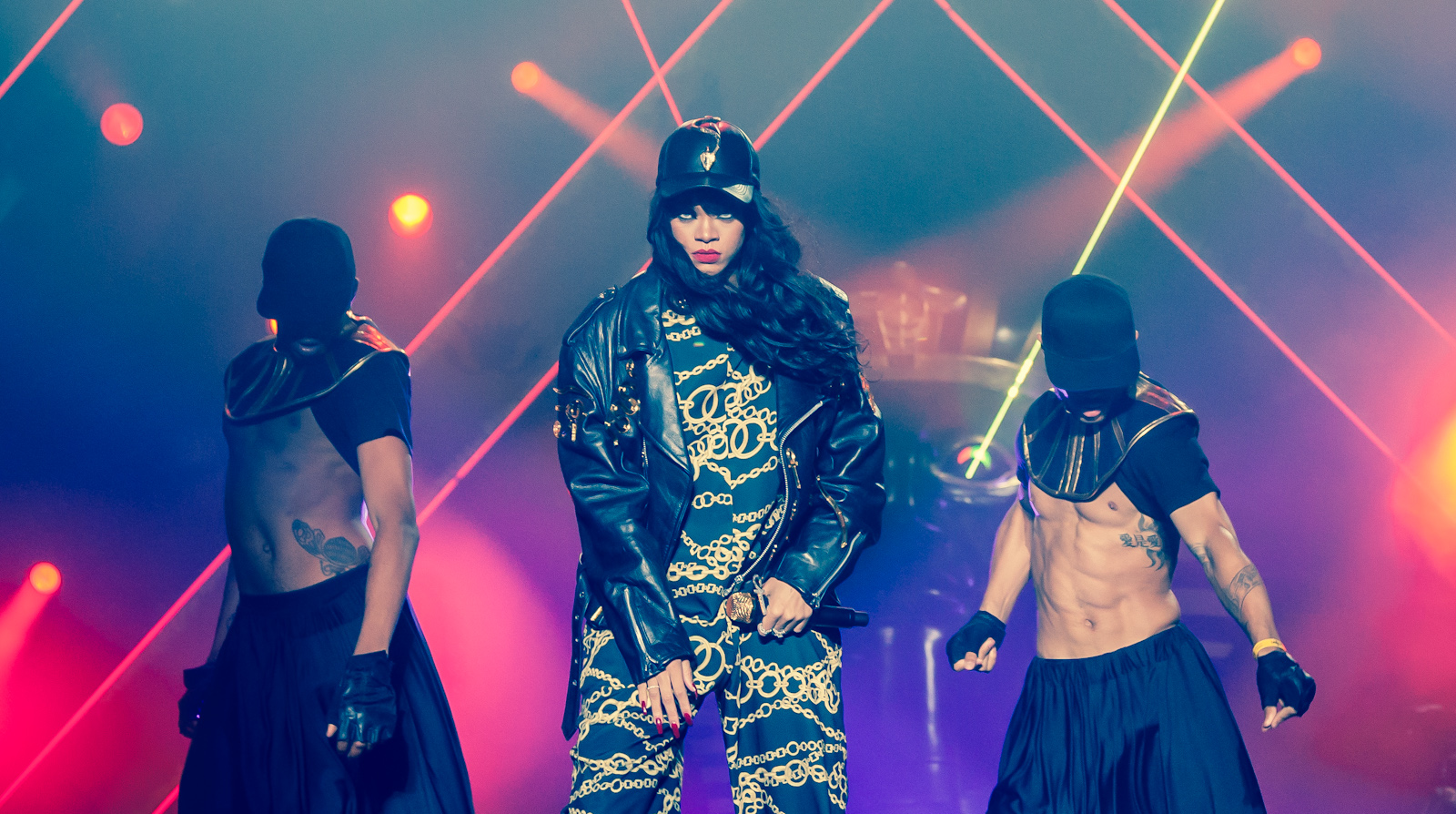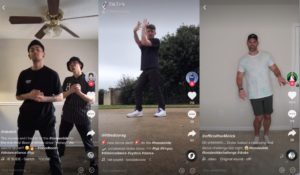
Rewriting the score: why strategic PR now shapes music careers
The digital era has not just disrupted the music industry — it has redrawn its borders entirely. Streaming platforms, short-form video, and the collapse of traditional touring infrastructures have collectively reframed what it means to be an artist today. No longer is music promotion limited to press releases and radio airplay. The artist is now the messenger, the medium, and the brand.
Public relations in this space has evolved from mere visibility to narrative orchestration. In a world where anyone can upload a song, the real currency is influence — and influence demands intentionality.
Access is no longer the challenge. Attention is.
For emerging talent, the barriers to entry are lower than ever — but so is the margin for indifference. Discovery is abundant; loyalty is rare. To cut through, an artist must not only sound distinct, but feel distinct. That distinction is built not just on the music, but on the story around it: aesthetic, values, voice, and the emotional imprint an audience carries after the song ends.
Authenticity is a prerequisite. So is consistency. Social platforms — from TikTok to Instagram to Discord — are not merely tools, but stages where persona and performance blend. And each platform comes with its own codes: what works on TikTok may fall flat on YouTube; what captivates on Twitter may dissolve on Instagram. Navigating this requires not just content, but curation.
PR in this landscape is no longer reactive. It is architectural.
For independent artists especially, working with a strategic partner becomes less about delegation and more about co-construction. A PR team worth its name doesn’t simply “get you coverage.” It understands your aesthetic, your ambition, your tempo — and builds the scaffolding around you accordingly. When done well, it allows artists to remain anchored in their craft while building a world that audiences want to enter — and stay in.
The fusion of music and identity is not a trend. It’s the new model. Fans today don’t just follow the music; they follow the artist’s decisions, their worldview, their off-stage presence. From behind-the-scenes footage and livestreams to quiet moments captured in hotel rooms, visibility has become intimate — and intimacy, if handled with intention, is a powerful form of brand equity.
This shift has also created new forms of opportunity.
Artists who build intentional, multidimensional brands unlock pathways beyond performance: from beauty to fashion to gaming. Rihanna did not become a billionaire through streams; she built an empire by understanding how identity and product coalesce. Frank Ocean’s Homer is not merch — it’s mythology.

This is where digital PR meets deep strategy.
Visibility without structure is noise. Exposure without coherence is forgettable. An intentional PR strategy ensures that what you put into the world reflects back with clarity — and that nothing truly valuable is lost in translation. That includes protecting your work. As music becomes ever more shareable, the risk of unlicensed use grows — and with it, the need for partners who can navigate not only visibility, but protection, negotiation, and rights management.
The pandemic only sharpened the urgency of this evolution. Virtual concerts are no longer fringe experiments; they are global moments. Travis Scott’s Fortnite concert reached over 12 million viewers — not in a stadium, but in a server. Digital presence, once a complement to touring, is now a pillar of the artist experience. And for global audiences, access is no longer geographical.
So, where does this leave the artist?
In a landscape where music is everywhere but meaning is scarce, the artists who thrive will be those who understand that control over one’s narrative is as critical as control over one’s sound. PR is not publicity. It’s positioning. And the right partner doesn’t just amplify what’s there — they help you shape what’s to come.






Leave a comment: